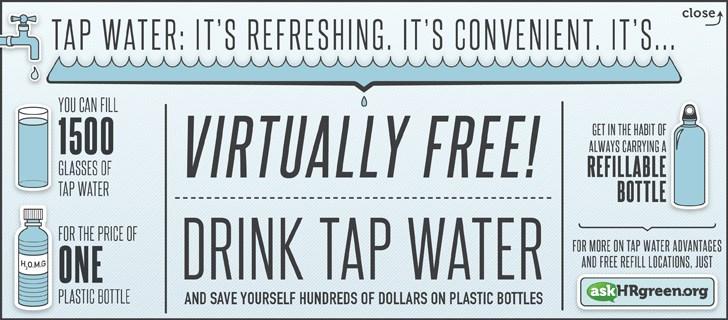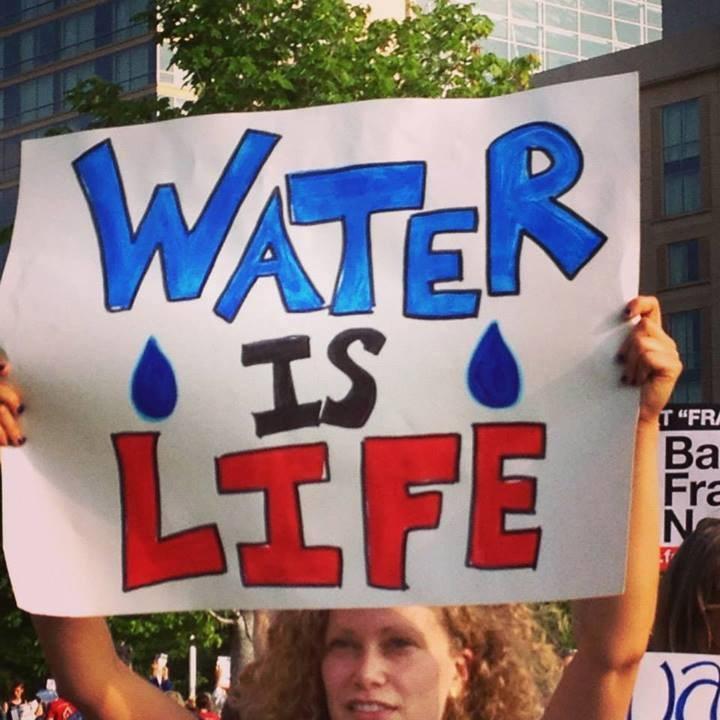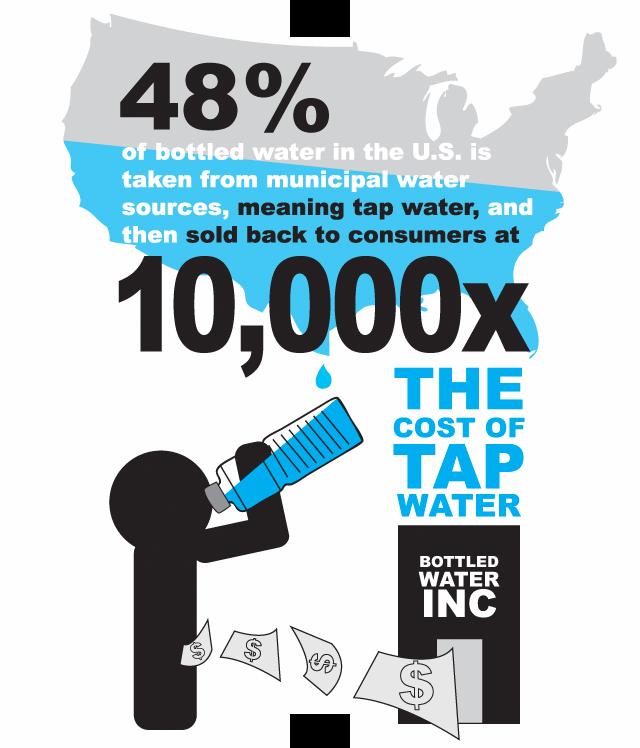
4 minute read
Water Filtration at Rutgers
Water For Sale: Free of Charge
By Derek Leckner
Our lovely state of New Jersey is ranked number one in having the best percentage of students getting undergraduate degrees, is one of the most diverse states, and is home to some of the most bountiful farms in the nation. Yet, besides trying to catch the F or EE into Cook/Douglass or go from Cook/Douglass into Livingston, or from anywhere for that matter, one of the most serious issues the students of our state university has to worry about is getting clean water. In the 1700s, there was one beverage commonly drank by the New Jersey delegates and other founding fathers, and it wasn’t water. Water was considered poison. However, that was during a time before the invention of the light bulb and long before the first modern water treatment facilities. There shouldn’t be any excuses more than three hundred years and several trips to the moon later. Despite these human achievements, many people do not know that one of the most serious issues we face today, not only as Rutgers students, but also as one of the many college students across the country, may still be our lack of access to clean water. For many Rutgers students, we are told by our RAs that our dorm water is not the cleanest and our alternative use of plastic bottled water is not only killing our planet, but could also be contaminated as well. As of late, an organization called Food Water Watch has swept over Rutgers with the mission to educate and remedy this self-hydration issue. The Food Water Watch is an environmental group that supports the campaign called “Take Back the Tap.” The goal of the campaign is to raise money and support for the installation of water filters in all Rutgers University residence halls. These filters can insure students living and visiting on campus that the water they intake is clean and lacks any harmful chemicals. Furthermore, these filters are also water-refilling stations, as students are encouraged to use them to refill their non-plastic thermoses, NOT water bottles, as another part of the goal of these water filters is to make plastic bottles obsolete. These water filter stations are not a new concept, as many already exist in a variety of places in New Brunswick. Currently, these water filter stations are in every Rutgers student center from College Avenue to Busch. Unfortunately, the few that exist are not used that much, as many do not often visit their local student center or pass by the area where they are set up, making them less efficient at accomplishing their goals as they could be. With the lack of knowledge and quantity of these stations, water in the halls are still dirty and students continue to stock up on cases of non-recyclable water bottles whose chemicals slowly break down and taint your allegedly clean water. Thankfully, steps to make these water filter stations more prominent in Rutgers residence halls are al-
Volume 7, Issue 4 ready underway with the ‘Take Back The Tap” campaign. The campaign coordinator Lindsey Sigmund, a senior at Rutgers University helped sponsor the Take Back The Tap bill that was presented and as of February 9th, passed by the SEBS governing council. This bill granted the allocation of money to install these water filter stations in the halls of the Cook/ Douglass campus. The successful passing of this bill will now start a domino effect calling many other campuses to possibly decide to follow in SEBSGC’s footsteps, eventually accommodating every hall on every floor on every campus with access to clean, fresh, and filtered water. Students who are not part of governing councils or even hall government can still get involved with making sure you have access to the cleanest and healthiest water possible. Campaign Coordinator Lindsey Sigmund and her organization are currently working to gather student signatures in support of this movement for filter stations in dorms. Presently they have around 400 and plan to double it. Lindsey believes that this is not just a movement to get clean water in the halls or to eliminate the need for water bottles, but she also believes that “Rutgers Students shouldn’t have to pay for water.” The truth is that tuition is already incredibly expensive and a meal swipe can cost between 8-18 dollars depending what time of day you go to the dining hall. Water fountains often have an unusual taste, and the water bottles we spend our personal money on along with our tuition, books, and other fees also are not always guaranteed to be clean. Lindsey and her other campaign members meet at the Cook Student Center every Monday at 8:30 where students have the opportunity to sign the petition or get involved. You can also find Lindsey on Facebook for more questions on how to get involved and take part being able to help “take back the tap.”
References:

Lindsey Sigmund Campaign Coordinator foodwaterwatch.org Robert Brennan











